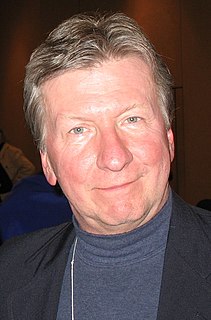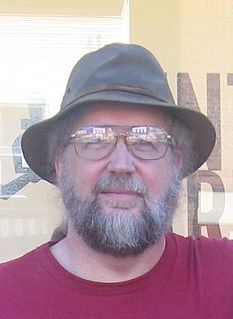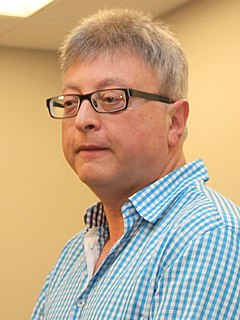A Quote by Christopher Paolini
I have 20 or 30 books completely plotted out in my mind - mysteries, thrillers, horror, romance, science fiction. You name it.
Related Quotes
She understood now why her friend Elizabeth, with her near-genius, analytical mind gave wide berth to murder mysteries, psychological thrillers, and horror stories, and read only romance novels. Because, by God, when a woman picked up one of those steamy books, she had a firm guarantee that there would be a Happily-Ever-After. That though the world outside those covers could bring such sorrow and disappointment and loneliness, between those covers, the world was a splendid place to be.
Certainly, light fiction exists and encompasses mysteries or second-class romance novels, books that are read on the beach, whose only aim is to entertain. These books are not concerned with style or creativity - instead they are successful because they are repetitive and follow a template that readers enjoy.


































